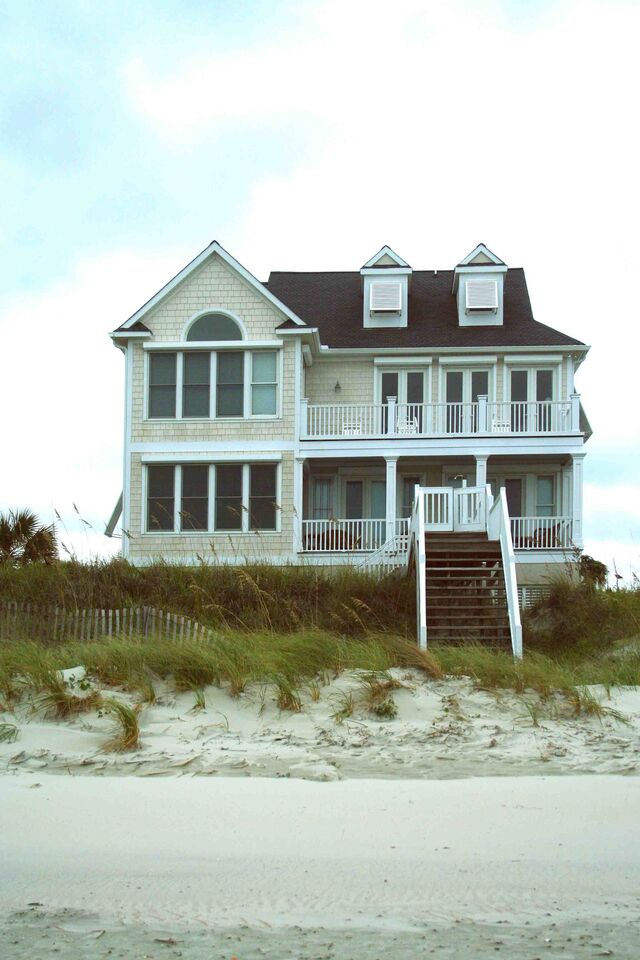
The California Coastal Commission (CCC) was created in 1972 to enact policies to preserve the coast of California. While the CCC is widely recognized for its campaigns to protect public accessibility to water, one of the lesser known mandates of the state agency is the provision of affordable facilities along the coast “regardless of cost.”
The agency is waging a new battle now with the Port of San Diego (Port), which has developed plans for a $30 million project including three Harbour Island hotels. The hotels would be situated on public tidelands. The CCC opposed the plans in August due to the Port’s failure to firmly commit to providing affordable housing alternatives on, or in the vicinity of, Harbour Island. CCC representatives have referred to the exclusion of affordable housing from the plans as a form of segregation, particularly in view of the proliferation of upscale, expensive resorts and hotels.
While the goal of providing low-cost housing has remained a priority, the CCC has wrestled with ways to implement this objective. The CCC’s success rate has been mixed. It has been instrumental in the construction of alternative, low-cost visitor lodging, such as youth hostels and RV parks, but the provision of affordable hotel lodging for middle class individuals has been virtually nonexistent.
A prominent issue in executing these objectives is the lack of clear, definitive guidelines for what constitutes affordable housing and what the CCC can reasonably expect development projects to include in their plans to meet stated goals. In this case, the Port affirmed that there are 8,035 lodging accommodations on public Port tidelands. Only 237, or 3%, are defined as low cost alternatives. The Commissioner stated that the Port should aim for designating about 25% of the rooms as budget friendly, but it is unclear how concrete these standards are.
Contact Shane Coons at 949-333-0900 or visit his website at www.ShaneCoonsLaw.com to find out more about the practice.
